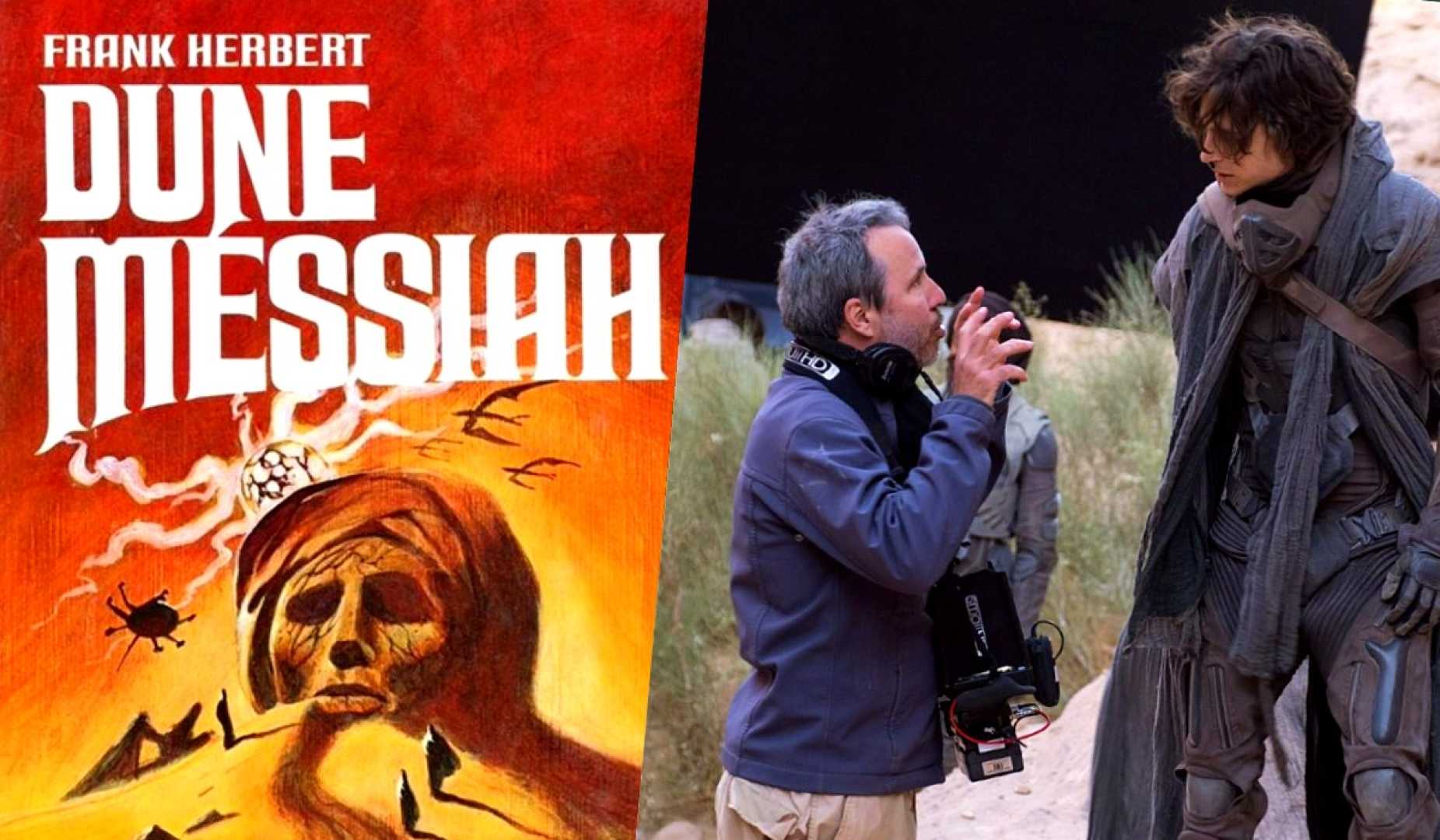Entertainment
Denis Villeneuve’s ‘Dune: Messiah’ Raises Questions for Franchise Future

LOS ANGELES, CA — Denis Villeneuve‘s latest film adaptation of Frank Herbert‘s Dune saga is set to culminate with a third installment titled ‘Dune: Messiah,’ projected for release in late 2026. This final chapter, based on the sequel to the original Dune, poses a dilemma regarding the future of the franchise and Villeneuve’s directorial trajectory.
Villeneuve’s films have been praised for their intricate storytelling and visual artistry, but the director has signaled that this third movie will be his last adaptation of Herbert’s epic. Although the author penned multiple sequels, including ‘Children of Dune,’ experts warn that introducing further adaptations could detract from the established legacy Villeneuve has crafted.
“Additional films would take me away from other projects I’m passionate about, and they risk undermining the artistic integrity of the franchise,” Villeneuve stated during a recent interview. He emphasizes the importance of maintaining the core narrative of Paul Atreides, the protagonist who has become a cultural icon.
In ‘Dune: Messiah,’ which follows Paul Atreides after his ascension to power, Villeneuve appears set to respect the source material by concluding at a pivotal moment in Paul’s journey. In Herbert’s narrative, Paul becomes blind and voluntarily wanders the desert, a powerful symbol of surrender to fate and the traditions of the Fremen population of Arrakis. This choice illustrates both loyalty and legacy, reinforcing the intent to honor Paul’s character arc.
Should Villeneuve adhere to Herbert’s vision, the ending for Paul Atreides will align with his journey into the vast expanse of Arrakis, maintaining the intrigue surrounding his character rather than succumbing to death or defeat. “It’s crucial that we leave Paul at a point where he remains a mystery, embodying a hero’s journey,” Villeneuve remarked.
Conversely, the notion of extending the saga beyond ‘Dune: Messiah’ raises concerns. The sequel, ‘Children of Dune,’ introduces a series of dramatic and contentious plot developments, including a public downfall of Paul’s character that could dilute the gravitas established in the previous films. Critics suggest that such a narrative transition could undermine both the character’s depth and the viewer’s investment in his fate.
“Transforming Paul into a mere footnote in his own story would betray the heroic struggle presented in both ‘Dune’ and ‘Dune: Messiah,’” commented a noted film critic. “It’s important for Villeneuve to focus on providing closure, rather than veering into complex territory that wouldn’t resonate cinematically.”
Furthermore, as Villeneuve’s involvement with the Dune franchise extends, there are growing concerns about maintaining his creative edge. His upcoming project, a nuclear apocalypse film, underscores the need for diverse storytelling challenges. Having not directed outside of the Dune universe since 2017’s ‘Blade Runner 2049,’ there are worries that sustaining focus on this franchise could limit his extraordinary potential.
“A trilogy that honors the initial source material while exploring the vast depths of humanity would elevate Villeneuve’s status alongside directors like Christopher Nolan,” said a film scholar. “Letting Paul’s story conclude at a high point would create a lasting legacy.”
While ‘Dune: Messiah’ may prove to be a difficult adaptation, with its darker themes and more ambiguous narratives, the creative vision behind Villeneuve’s work has consistently been lauded. Keeping the trilogy concise helps maintain narrative cohesion and impact, as demonstrated in cinematic history.
Finally, audiences can look forward to a wider “Dune” universe, as HBO’s spin-off series ‘Dune: Prophecy’ signifies an expanding narrative canvas beyond Villeneuve’s films. For many fans, however, the work of Denis Villeneuve is likely to remain the definitive cinematic expression of Herbert’s universe.












